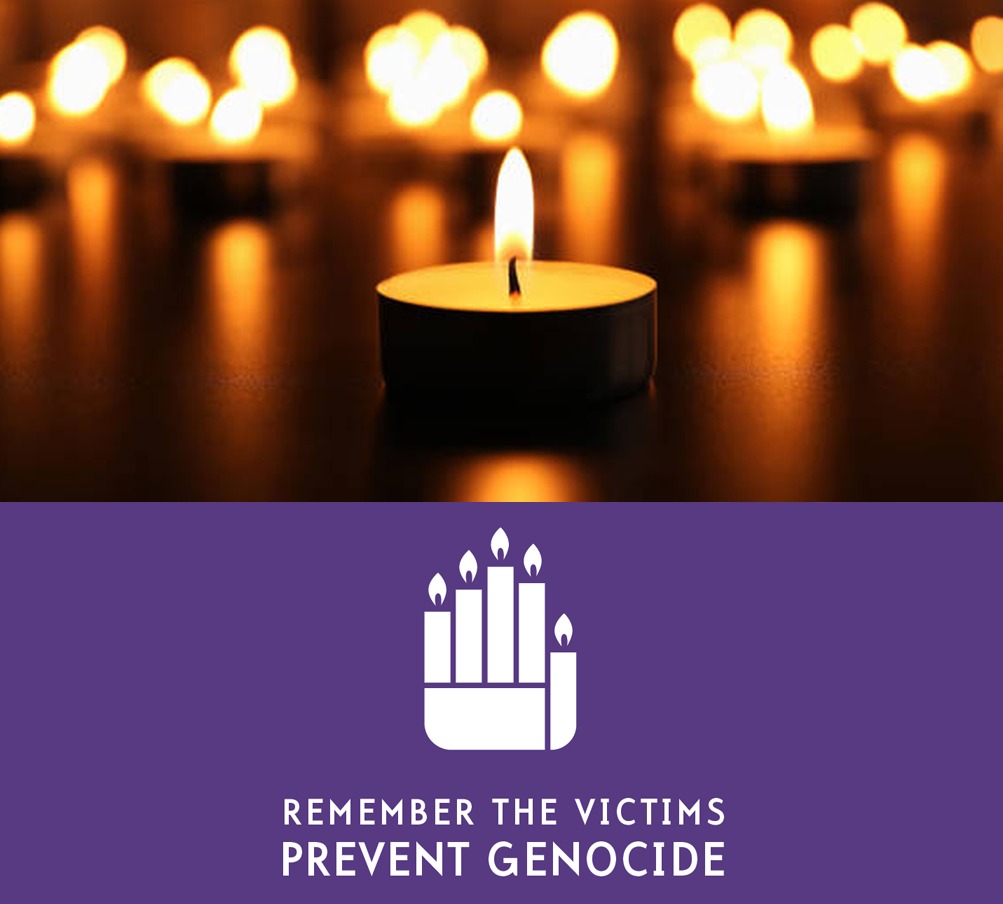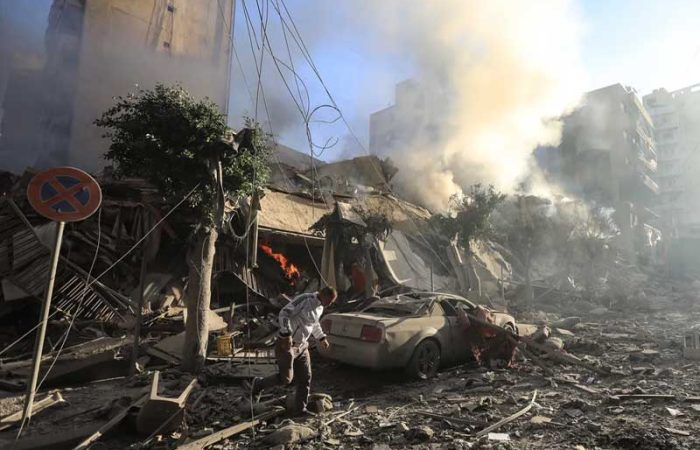The International Day of Remembrance and Dignity of the Victims of the Crime of Genocide and its Suppression is the Prevention of Crime is a significant occasion that calls upon us to remember the victims of genocide and work towards preventing such atrocities from happening again. This day serves as a powerful reminder of the importance of human rights, justice, and fostering a world free from the horrors of genocide.

Understanding Genocide:
Genocide is an alarming crime that involves the deliberate and systematic destruction of a specific group based on their ethnicity, religion, race, or nationality. It is a dark chapter in human history that has left lasting scars on communities around the globe. By educating ourselves about past genocides like the Holocaust, the Rwandan genocide, and others, we can gain a deeper understanding of the immense suffering endured by the victims and the importance of preventing such crimes.
Commemorating the Victims:
The International Day of Commemoration and Dignity provides an opportunity for people worldwide to come together and honor the victims of genocide. It is a time to reflect on their lives, acknowledge their pain, and pay tribute to their memory. Through remembrance, we ensure that their stories are never forgotten and their voices continue to be heard.
Justice:
Justice is the linchpin that binds freedom and equality together. Human Rights Day prompts us to reflect on the need for fair and impartial legal systems that protect individuals from arbitrary actions and ensure accountability. It calls for an end to impunity and the establishment of mechanisms that deliver justice for victims of human rights abuses.
Challenges and Progress:
While we celebrate the principles of freedom, equality, and justice, it is vital to acknowledge the challenges that persist. Instances of human rights violations across the globe remind us of the work that remains to be done. However, Human Rights Day also serves as a marker of progress. It showcases the resilience of human rights defenders and the positive changes that collective efforts can bring.
Promoting Dignity and Justice:
This day also emphasizes the importance of upholding human dignity and promoting justice for the victims. It calls upon governments, organizations, and individuals to take concrete actions to prevent genocide, hold perpetrators accountable, and provide support to survivors. By advocating for justice and dignity, we strive to create a world where no one has to endure the horrors of genocide.
Preventing Genocide:
Prevention is a key aspect of the International Day of Commemoration and Dignity. It reminds us that we have a collective responsibility to address the root causes of conflicts and promote tolerance, inclusivity, and respect for human rights. Education, awareness, and dialogue play vital roles in preventing genocide and fostering a culture of peace.
Our Responsibility:
Every one of us shoulder the responsibility to ensure that history does not repeat itself. Support for organizations, participating in educational initiatives, and advocating for human rights are just a few ways we can actively contribute to preventing genocides. We must remain vigilant against the rise of hatred and discrimination, fostering a world where every individual’s dignity is respected and celebrated.
Conclusion:
As we commemorate the international day dignity of the victims of the crime of genocide and of the prevention of this crime is of great importance in remembering the victims of genocide, promoting dignity for survivors, urging governments, organizations, and individuals to stand against hatred, discrimination, and violence. Let us honor the victims, learn from history, and pave the way for a more just and peaceful world.
The writer is a seasoned researcher and an Advocate, working as a Legal Advisor at the International Commission on Human Rights (ICOHR),a human rights NGO in Pakistan.



